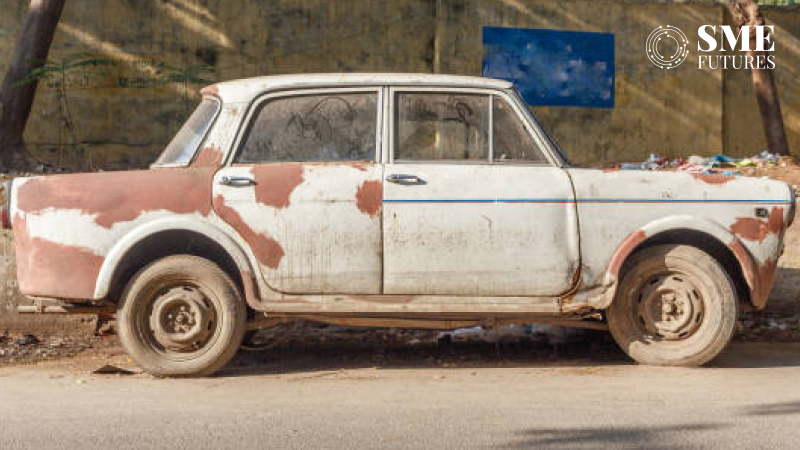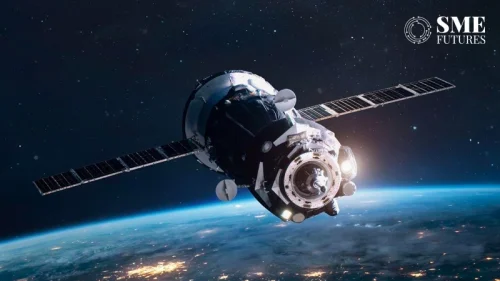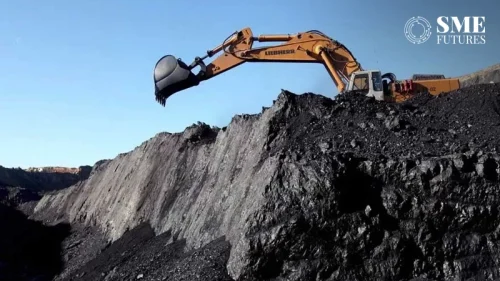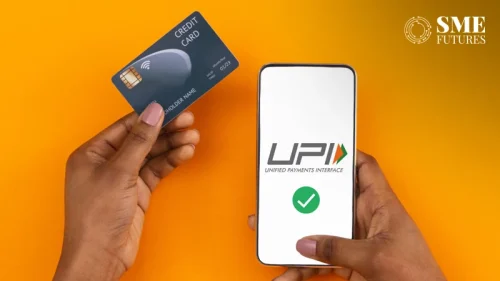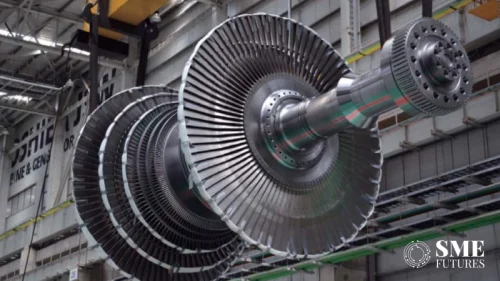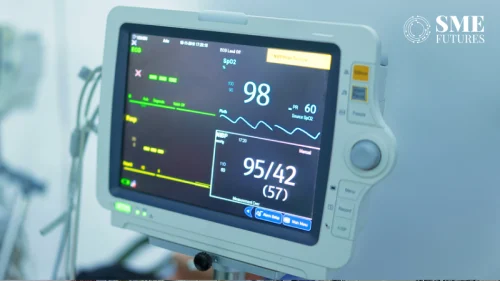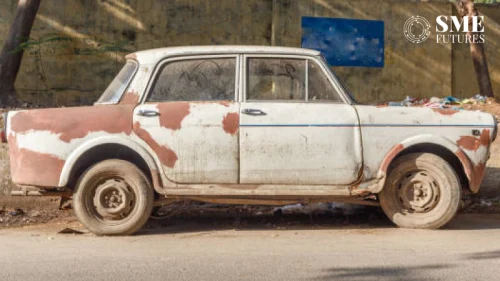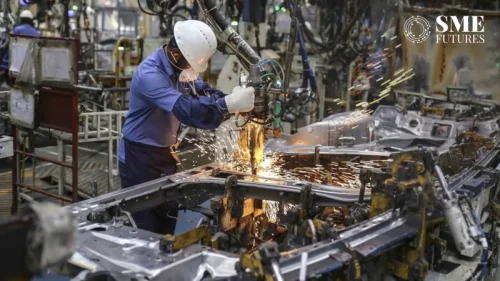In a written reply to the Lok Sabha, Union Minister for Road Transport and Highways, Nitin Gadkari, clarified that the government will not interfere in determining the fair price for vehicles sent for scrapping. The minister emphasised that the valuation of scrapped vehicles will be driven solely by market forces, based on the condition of each vehicle.
“There is no intervention by the Government in determination of the fair price of private vehicles to be scrapped. The price of these vehicles is decided by market forces as per the condition of the vehicle to be scrapped,” said Gadkari.
Role of Private Scrapping Units
The minister noted that Reserve Vehicle Scrapping Facility (RVSF) units, operated by private entities, are tasked with assessing and determining scrap values. For government-owned vehicles, however, a reserve price is established by the Ministry of Steel.
Incentives for vehicle owners
To ease the financial burden on citizens, particularly those from low-income groups, the government has introduced a range of incentives tied to vehicle scrapping. These include:
- Waiver of Registration Fees: Buyers of new vehicles presenting a “Certificate of Deposit” obtained from scrapping old vehicles will be exempt from paying registration fees.
- Motor Vehicle Tax Concessions: Private vehicle owners can avail up to a 25% concession, while commercial vehicle owners can receive up to 15%.
- The concession is valid for eight years for transport vehicles and 15 years for non-transport vehicles.
Crackdown on End-of-Life Vehicles (ELVs)
Gadkari highlighted the ongoing efforts to phase out vehicles that have surpassed their permissible age limits in the National Capital Region (NCR). The Transport Department of Delhi resumed its crackdown on ELVs on October 11, 2024, impounding 2,445 vehicles to date. The targeted vehicles include diesel vehicles older than 10 years and petrol vehicles older than 15 years.
Greener alternatives under PM E-DRIVE Scheme
To promote cleaner transportation, the government is investing heavily in electric vehicle adoption under the PM Electric Drive Revolution in Innovative Vehicle Enhancement (PM E-DRIVE) scheme. With a budget allocation of ₹10,900 crore, the initiative focuses on:
- Providing incentives for electric vehicle (EV) purchases.
- Expanding EV charging infrastructure nationwide.
Ensuring environmental compliance
The scrappage policy includes strict guidelines for environmentally sound disposal of vehicle parts. Compliance with standards set by the Central Pollution Control Board (CPCB) is mandatory to minimise environmental impact.
Gadkari stressed that the scrappage policy is part of a larger strategy to build a sustainable transportation ecosystem. By phasing out older, polluting vehicles and incentivising the adoption of cleaner alternatives, the government aims to reduce pollution and create affordable, eco-friendly mobility solutions for the future.

